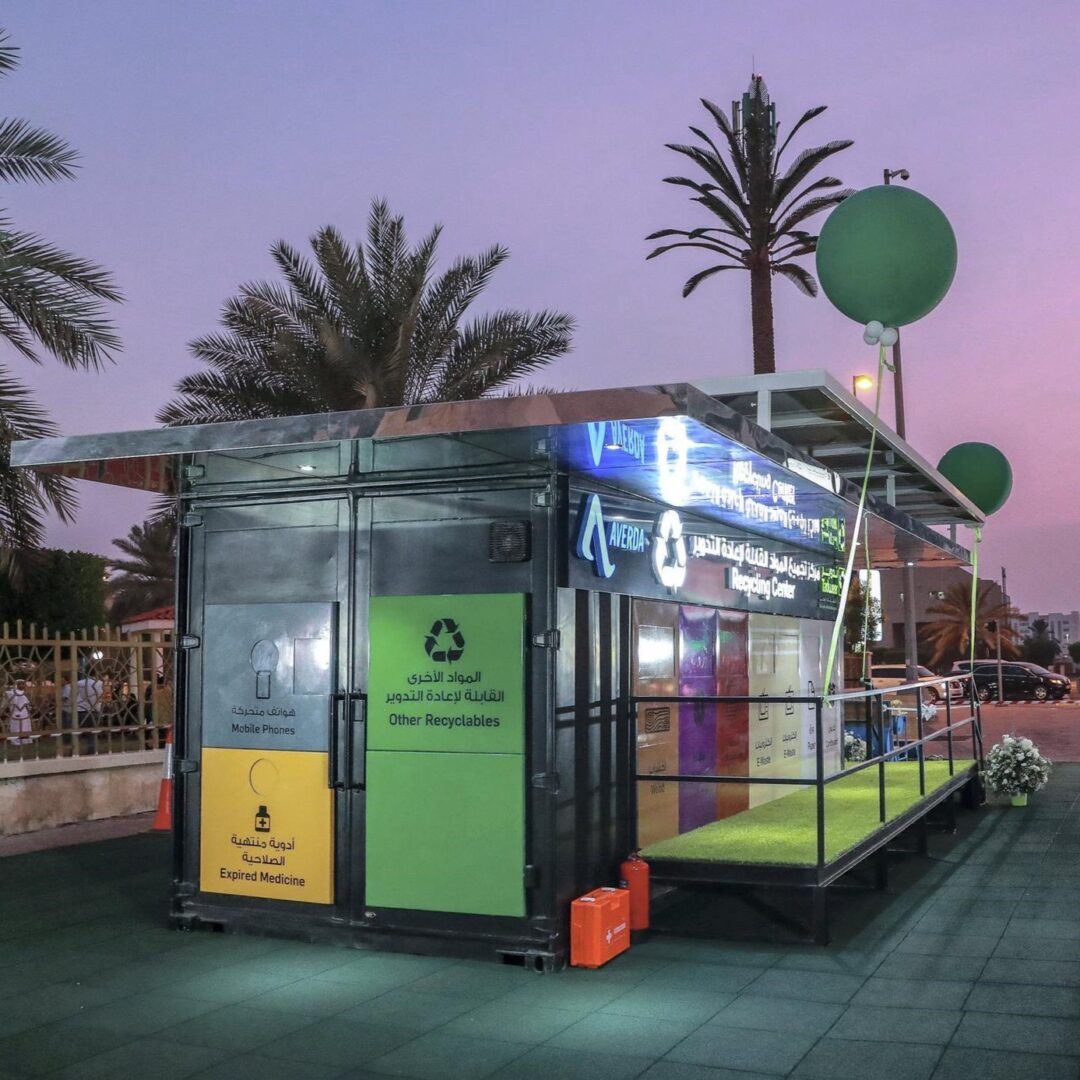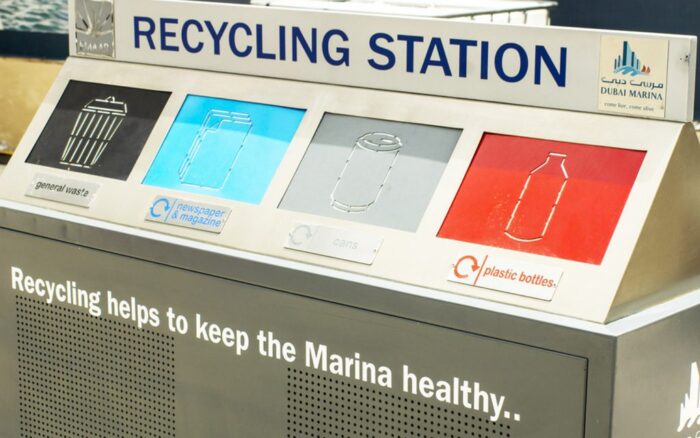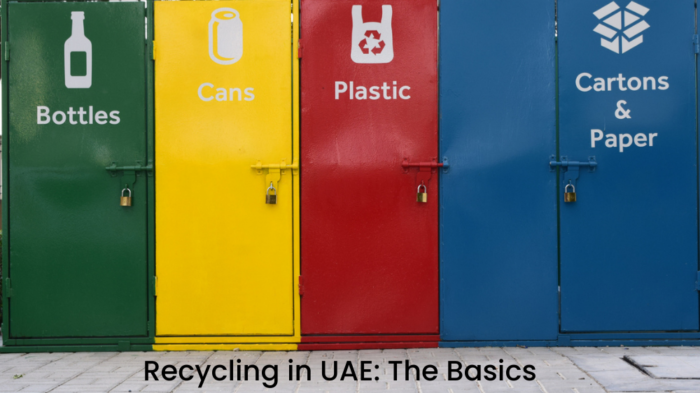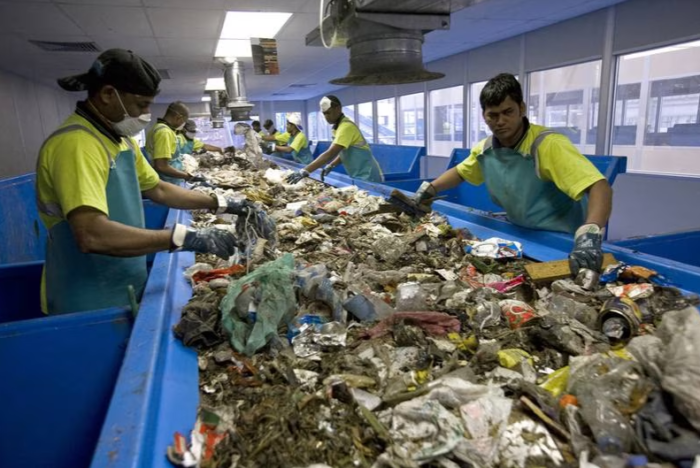How Dubai’s Plastic Recycling Process Works: A Step-by-Step Guide

As we become more aware of the environmental impact of plastic waste, recycling initiatives have become increasingly important. Dubai has implemented several initiatives to reduce plastic waste and encourage recycling. In this article, we will take a step-by-step look at how Dubai’s plastic recycling process works.
Recycling Initiatives in Dubai and the UAE
The UAE government has taken several initiatives to reduce plastic waste in the country. In 2019, the government launched a National Program for Sustainable Consumption and Production to reduce the consumption of single-use plastic by 50% by 2030. The program also aims to increase the recycling rate of plastic waste to 75% by 2030 (Source: Ministry of Climate Change and Environment)
Dubai Municipality, the city’s governing body, has also launched several initiatives to reduce plastic waste. In 2018, the municipality launched a campaign called “Zero Plastic” to reduce the use of single-use plastic bags. The campaign encourages residents to use reusable bags instead of plastic bags when shopping. The municipality has also installed recycling bins across the city to encourage residents to recycle.
Initiatives on Plastic Recycling
Dubai Municipality has established several recycling centers across the city to encourage plastic recycling. These centers are equipped with state-of-the-art technology and equipment to recycle plastic waste efficiently. The centers accept different types of plastic waste, including plastic bottles, bags, and containers.
Plastic Recycling Methods
There are several plastic recycling methods used in Dubai. The most common method is mechanical recycling, where the plastic waste is shredded into small pieces and melted down to create new products. This process is suitable for recycling plastic bottles, containers, and other rigid plastic products.
Another plastic recycling method used in Dubai is chemical recycling. Chemical recycling involves breaking down plastic waste into its chemical components and then using these components to create new products. This process is suitable for recycling soft plastics, such as plastic bags.
Plastic Recycling Center in Dubai

Recycling Station in Marina, photo by Bayut
Dubai Municipality operates several recycling centers across the city to encourage plastic recycling. These centers are equipped with the latest technology and equipment to recycle plastic waste efficiently. The centers accept different types of plastic waste, including plastic bottles, bags, and containers.
Here is a step-by-step guide to how the plastic recycling process works in Dubai:
Step 1: Collection
The first step in the plastic recycling process is the collection of plastic waste. The Dubai Municipality has installed recycling bins across the city to encourage residents to recycle. The bins are color-coded to indicate the type of waste that can be recycled. Green bins are for general waste, blue bins are for paper and cardboard, and yellow bins are for plastic.

Photo from Yes Full Circle
Step 2: Sorting
Once the plastic waste is collected, it is transported to a recycling center where it is sorted. The plastic waste is sorted by type and color. This is important because different types of plastic have different properties and can only be recycled together if they have similar properties. For example, polyethylene terephthalate (PET) bottles can only be recycled with other PET bottles.

Photo by The National News
Step 3: Shredding
The sorted plastic waste is then shredded into small pieces using a shredder. This process makes it easier to melt down the plastic and create new products.
Step 4: Cleaning
After shredding, the plastic waste is washed and cleaned to remove any impurities. The cleaning process ensures that the recycled plastic is of high quality and suitable for creating new products.
Step 5: Melting
The cleaned plastic is then melted down and molded into pellets. The pellets are used to create new plastic products.
Step 6: Manufacturing
The pellets are then transported to manufacturing plants where they are used to create new plastic products. The pellets can be used to create a wide range of products, including plastic bags, and bottles.
Conclusion
Dubai’s plastic recycling process is a vital part of its sustainability initiatives. With its commitment to reducing plastic waste and promoting sustainable practices, the city has implemented several recycling initiatives to ensure that plastic waste is managed in an environmentally-friendly way. From the collection of plastic bottles to the processing and transformation of plastic waste into new products, Dubai’s plastic recycling process is a step-by-step guide that other cities can follow to promote sustainability and reduce plastic waste. As we move towards a more sustainable future, it is essential for cities to prioritize initiatives that promote sustainable practices, and Dubai’s plastic recycling process is an excellent example of that. Take a pledge
References & Sources
- https://gulfnews.com/uae/dubai-municipality-collects-over-9000-tonnes-of-plastic-waste-for-recycling-1.1624465164357
- https://gulfnews.com/uae/environment/dubai-to-recycle-75-of-municipal-solid-waste-by-2021-1.2137345
- https://edition.cnn.com/2018/04/12/middleeast/dubai-waste-recycling-plan-intl/index.html
- https://www.arabianbusiness.com/energy/420097-dubai-to-build-worlds-largest-waste-to-energy-plant
- https://www.thenationalnews.com/uae/environment/how-dubai-is-trying-to-lead-the-way-in-sustainable-living-1.1010502
